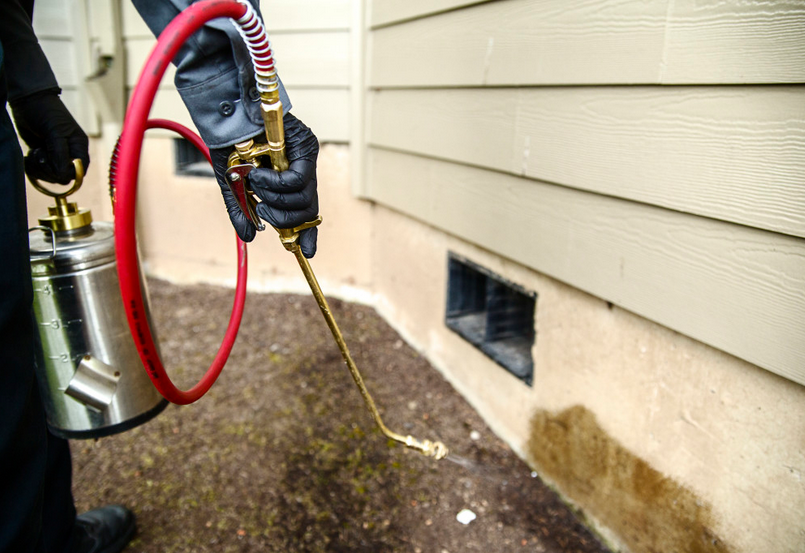Vector control is an important component of many disease control programmes and has been a cornerstone of every effective campaign to control vector borne diseases such as malaria, dengue and yellow fever. For diseases where there is no effective treatment or cure, such as West Nile Virus and Dengue fever, vector control remains the only way to protect populations.
There are four approaches to vector control – environmental control, personal protection measures, biological control and chemical control. IVCC is concerned only with chemical control i.e. the use of insecticides and/or larvcides in an integrated vector management strategy
The success of insecticide –treated bed nets coupled with indoor residual sprays in contributing to the fall in the number of deaths from malaria has demonstrated the important role of vector control. These interventions targeting malaria can also have an impact on other vector-borne diseases such as lymphatic Filariasis, Dengue , Leishmaniasis.
The current push to eliminate malaria from many countries, and the longer term goal of eradicating malaria globally, will continue to rely heavily on indoor residual sprays (IRS) and long lasting insecticide treated nets (LLINs). This underscores the need for efforts to facilitate the development of new insecticides and paradigms to overcome the inevitable evolution of resistance.

